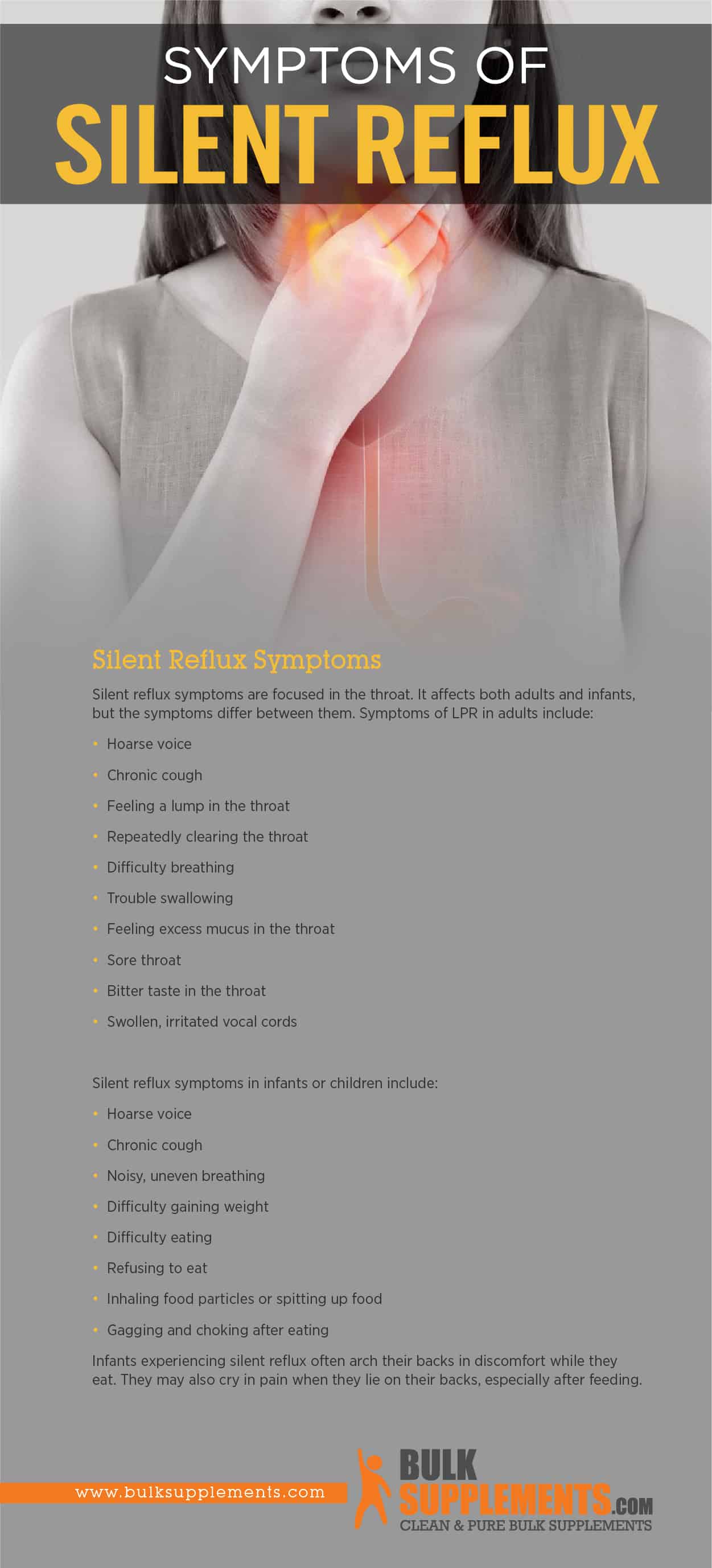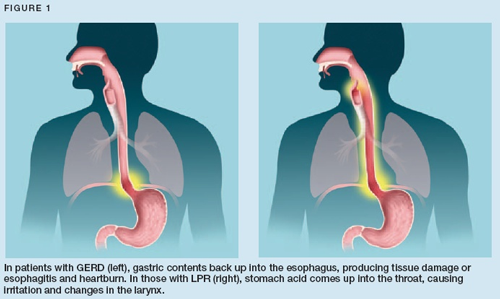
frequently consuming alcohol, spicy and fatty food, and sodas.problems with the lower food pipe valve.These conditions may make the vocal cords more sensitive to stomach acid.Ĭertain physical characteristics may make some individuals more likely to develop LPR, including those who have:
SILENT RELUX FULL
This explains the frequency with which infants spit up, especially with a full stomach.Īdults often have a cold or the flu before they develop LPR.

These valves keep the contents of the stomach from flowing back into the food pipe. In infants, the muscular valves at the end of the food pipe are not fully developed. Share on Pinterest In silent reflux, stomach acid flows back up the esophagus and causes throat problems. In severe cases, or when another treatment has not been effective, tube feeding and surgery may be necessary. Reflux is common in children up to the age of 1 year, and only those who have difficulty feeding or breathing require treatment.Ĭhanging the feeding habits of the infant and using age-appropriate medication might help. A person with LPR can use these for between 4 weeks and 6 months. If antacids do not work, a doctor may prescribe a proton pump inhibitor (PPI), such as omeprazole, to reduce stomach acidity. H2-blockers, a form of anti-histamine, might help, especially if a cough bothers the person at night. Click here for an excellent range with thousands of customer reviews.

Some of these medications are available online. These can help prevent the acid from returning to the esophagus. Medications to treat silent reflux, such as antacids, are available over the counter (OTC). Many adults manage to control symptoms by adjusting their eating habits and making lifestyle changes. Silent reflux, or laryngeal-pharyngeal reflux (LPR), is similar, but without the heartburn and indigestion. When acid reflux leads to persistent heartburn, occurring maybe twice a week for 3 weeks or more, this is known as gastroesophageal reflux disease, or GERD.
SILENT RELUX PROFESSIONAL
Visit a health professional if these symptoms become evident. Some symptoms, such as projectile vomiting or vomit that contains blood, could be indications of other health problems. Researchers are currently exploring possible links between silent reflux in children and recurrent ear infections and sinusitis. A doctor should investigate these symptoms.Ĭhildren with silent reflux will not always vomit or regurgitate. It is common for infants to spit up, but problems with breathing and feeding could be signs of a more serious health problem.

aspiration, or inhaling food and other particles into the lungs.The symptoms of silent reflux in infants and children include:



 0 kommentar(er)
0 kommentar(er)
